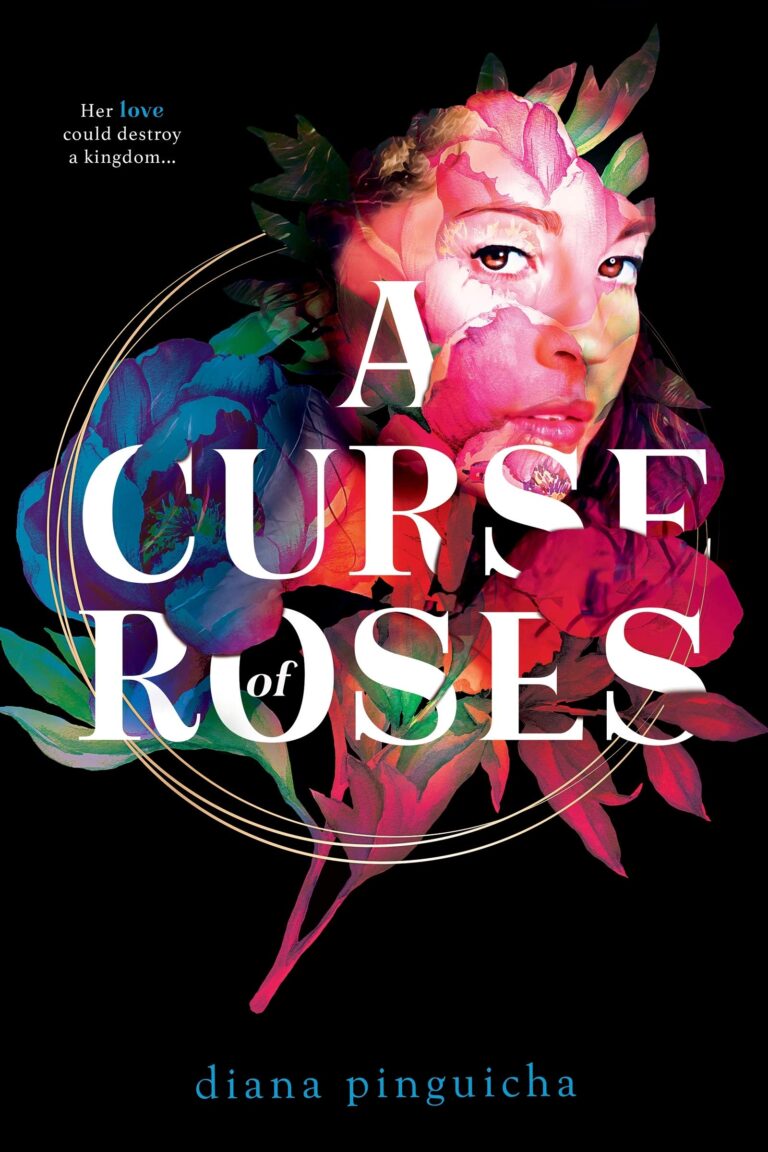Diana Pinguicha’s debut novel, “A Curse of Roses,” unveiled in December 2020, presents readers a mesmerizing dance of fantasy, LGBTQ+ themes, and young adult drama.
A Curse of Roses (ACoR) brings us the powerful story of Yzabel, the soon-to-be Queen of Portugal. Yzabel is betrothed to King Denis, but there is something she fought hard to conceal: her curse. Every time she touches food, it turns into flowers. Out of despair, she looks for the one capable of releasing her from her fate, Fatyan, the enchanted Moura. What starts as a pact escalates into steaming attraction (and therefore another secret!) under the merciless eyes of God and the Church, who see all of the above as wretched sin.
Two important elements of Portuguese lore inspire aCoR. The first one is the Miracle of Roses. The Queen Saint Isabel/Elizabeth (1271-1336) turned bread into roses, as the King caught her helping hungry peasants after forbidding her charity actions. The other one is the Enchanted Moor, which is indirectly linked to Fatyan’s background.

It’s hardly surprising that Yzabel is selfless to a point it was frustrating to see. But if you think it makes her perfect and not believable, you’re wrong, and I’ll tell you why.
The Queen Saint Isabel is an icon of selflessness and charity, and that is also an archetype passed from generation to generation. I grew up among many selfless women with a heart of gold (men as well, but that’s for another time!). This means they would walk the extra mile to make sure their family had better opportunities than they did or that their senior neighbor had a warm meal. They even defended friends from violent husbands, even if it meant taking resources from themselves. It doesn’t mean everybody is perfect here, mostly because extreme selflessness exists in people who feel better about themselves by helping others. And, just like Yzabel, a super charitable heart is both a virtue and a flaw.
Even if some aspects aren’t historically accurate, the whole story is delightful, and you can still take home a lot of the old Portuguese culture, symbols, and mysticism. Additionally, Pinguicha does clarify all those details in a genuine author’s note at the end. I was happy to find that note because I wasn’t sure if some details were fact or fiction, even though I’m familiar with the historical characters (just like every child growing up in this country). This emphasizes how well-constructed the whole narrative was.

Pinguicha grabbed those strings of the Portuguese soul and knitted them brilliantly into a powerful and beautiful love story about acceptance, lead by strong female characters. I found the supporting characters, specially Brites and Vasco had natural playful dynamics. The ones based on historical figures sound like I’ve always imagined them, being evident Pinguicha carefully planned each detail. The cast is small, but you don’t need a battalion of side characters to make a phenomenal story!
Moreover, I found in ACoR one of the most visually rich pieces of writing I have seen lately. I grew up in Algarve, and my mom is from Alentejo. Not only am I familiar with the places and characters, but also I grew up on all those typical dishes and food combos Pinguicha mentioned. I could smell and taste them as she described them.
I must say I devoured the book as I started reading it. One thing I guarantee: you won’t be able to sleep until you find out what comes next.
Note: I met Pinguicha in a NaNoWriMo group a couple of years ago and was curious about the story, so I asked her for a copy of her book for review, which she kindly sent me.












